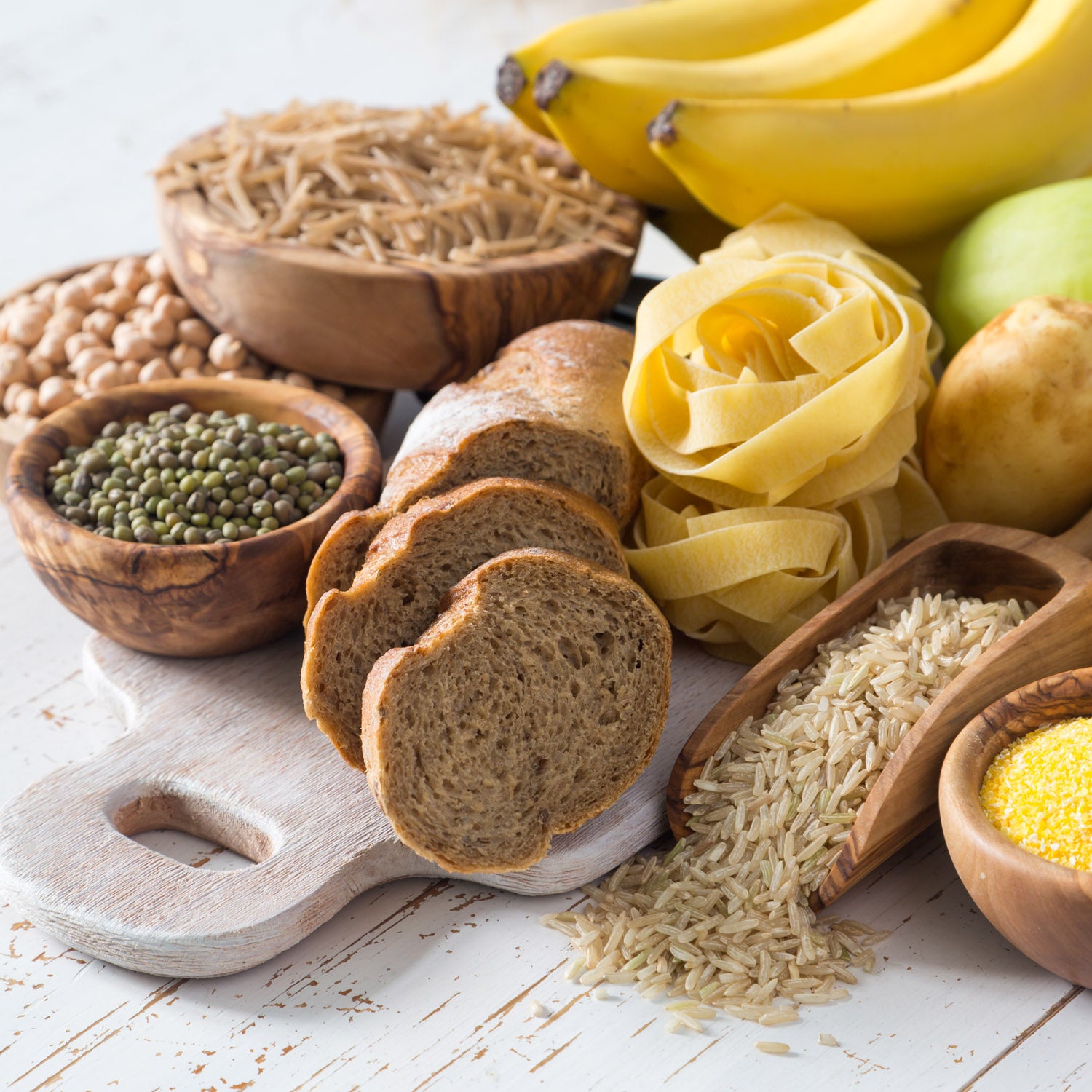Explore Insights with A4J6
A hub for the latest trends and information.
Carb Loading: The Secret Ingredient to Your Next Adventure
Unlock your adventure potential with carb loading! Discover tips and tricks to fuel your epic journeys and elevate your performance.
The Science of Carb Loading: How to Fuel Your Next Adventure
The science of carb loading involves strategically increasing carbohydrate intake before an endurance event to maximize glycogen stores in muscles and liver. This process can enhance athletic performance, reduce fatigue, and improve recovery. Typically, it begins about three days prior to the event, where athletes gradually increase their carbohydrate consumption to about 70% of their total caloric intake. Foods such as pasta, rice, and bread are excellent sources, but it's also essential to stay hydrated and manage protein and fat intake during this period.
To effectively implement carb loading, athletes should follow these simple steps:
- Plan ahead: Decide on your event date and calculate the days leading up to it for gradual carb increase.
- Choose the right carbs: Opt for complex carbohydrates that provide sustained energy, such as whole grains, fruits, and vegetables.
- Monitor your body: Pay attention to how your body responds to increased carbohydrate intake, and adjust as necessary.

Top 10 Carb-Rich Foods for Ultimate Endurance
When it comes to enhancing endurance, carbohydrates play a crucial role in fueling your energy reserves. Here’s a list of the top 10 carb-rich foods that can help athletes and fitness enthusiasts achieve their performance goals:
- Bananas: Packed with potassium and quick carbohydrates, they are an ideal pre-workout snack.
- Quinoa: A complete protein source, quinoa is also rich in complex carbohydrates.
- Oats: Loaded with soluble fiber, oats provide sustained energy release.
- Brown Rice: This whole grain is not only a great source of carbs but also provides essential nutrients.
- Sweet Potatoes: A delicious source of carbohydrates that also offers beta-carotene.
- Pasta: A staple for many athletes, pasta offers quick and easily digestible carbohydrates.
- Bread: Whole grain bread can be an excellent source of carbs and fiber.
- Legumes: Beans and lentils are rich in both carbohydrates and protein.
- Fruits: Berries and apples can be great post-workout carb sources.
- Energy Bars: Convenient and designed to provide ultimate energy, these bars are often packed with carbs.
Is Carb Loading Right for You? Debunking Common Myths
Carb loading is a popular strategy among athletes and fitness enthusiasts aiming to maximize their performance during endurance events. However, many myths surround this practice, leading to confusion about its effectiveness and suitability. One common misconception is that carb loading is only for long-distance runners or those competing in marathons. In reality, athletes across various disciplines can benefit from this technique, as it helps to enhance glycogen stores in the muscles. When done correctly, carb loading can provide a significant boost in energy levels and endurance, regardless of the sport.
Another myth suggests that carb loading leads to unwanted weight gain. While it’s true that an initial increase in glycogen stores may cause a temporary rise in weight due to water retention, this is not fat gain. In fact, well-planned carb loading is about timing and the right balance of nutrients, allowing athletes to deplete their glycogen reserves before a competition and then replenish them effectively. In conclusion, if you are considering carb loading, it’s essential to understand your individual needs and consult with a nutritionist or dietitian to create a personalized strategy that aligns with your fitness goals.